Shower Cream
Baby Milk Bath
Baby Shampoo
2in1 Hand & Body Lotion
Air Freshener Cones
Combo Pack- Lovercare Goat’s Milk Body Wash & Hand Body Lotion- Rose Hip Seed Oil
$35.98 Original price was: $35.98.$32.35Current price is: $32.35.
Lovercare Goat’s Milk Shower Cream 40.7 Oz (1200Ml) – Rose Hip Seed Oil
Your shower needs are made complete with the additional anti-oxidant properties in this
sensational shower cream enriched with the powerful goodness of Rose Hip Seed Oil.
Volume: 1200ml.
Lovercare Goat’s Milk Body Lotion 27.05 Oz (800Ml)-Rosehip Seed Oil
A silky smooth lotion with the additional anti-oxidant properties of Rose Hip Seed Oil. Further enhanced with the latest moisturizing technology ‘Moist 24’, to give immediate and lasting hydrating for skin
Volume: 800ml
Out of stock
A GREAT MOISTURISING TREAT FOR YOUR SKIN
Lovercare’s main ingredients are Goat’s Milk, Shea butter, Yogurt, and Rosehip seed oil. Our bottles and labels design has 4 main ingredients on it.
Main Ingredients

2. Skincare Benefits:
- Moisturizing: Rosehip seed oil is known for its excellent moisturizing properties, making it a popular ingredient in skincare products. It helps hydrate and soothe dry or dehydrated skin.
- Anti-Aging: Due to its high antioxidant content, rosehip seed oil may help reduce the signs of aging, such as fine lines and wrinkles, by protecting the skin from free radical damage.
- Scar Reduction: Some individuals use rosehip seed oil to minimize the appearance of scars, including surgical scars, acne scars, and stretch marks. Its regenerative properties may support skin repair and regeneration.
- Even Skin Tone: The oil may help improve uneven skin tone and hyperpigmentation. Regular use can lead to a brighter complexion.
- Anti-Inflammatory: Rosehip seed oil has anti-inflammatory properties and may be suitable for calming irritated or sensitive skin.
- Acne Management: While it’s an oil, rosehip seed oil is non-comedogenic, which means it is unlikely to clog pores. It can be used by individuals with acne-prone skin to help balance oil production and reduce breakouts.
4. Scars and Stretch Marks: Rosehip seed oil’s potential in scar reduction and stretch mark prevention or reduction has led to its use in various topical treatments and formulations.
5. Other Uses: Rosehip seed oil can be taken orally as a dietary supplement. It is a source of essential fatty acids and vitamins, which can contribute to overall health, particularly when it comes to skin and joint health.
When using rosehip seed oil, it’s essential to choose high-quality, cold-pressed, and unrefined oil for maximum benefit. You can apply it directly to the skin or incorporate it into your skincare routine by using products containing rosehip seed oil. However, always perform a patch test to ensure you do not have any adverse reactions, especially if you have sensitive skin or known allergies.

1. Moisturizing: Goat’s milk is naturally rich in fatty acids and triglycerides, which are excellent moisturizers. It helps hydrate and nourish the skin, making it particularly beneficial for individuals with dry or dehydrated skin.
2. Vitamins and Minerals: Goat’s milk is a source of various vitamins and minerals, including vitamins A, B1, B6, B12, C, D, and E, as well as zinc and selenium. These nutrients can help promote healthy skin and combat the signs of aging.
3. Alpha-Hydroxy Acids (AHAs): Goat’s milk contains alpha-hydroxy acids, such as lactic acid, which can help exfoliate the skin gently. AHAs promote the removal of dead skin cells, leaving the skin smoother and more radiant. This can be particularly beneficial for those with dull or uneven skin tone.
4. Anti-Inflammatory: Goat’s milk has anti-inflammatory properties that can soothe irritated or sensitive skin. It may help alleviate symptoms associated with conditions like eczema or psoriasis.
5. Natural Cleanser: The fats in goat’s milk act as natural cleansers, helping to remove dirt and impurities from the skin’s surface. This can be useful for keeping the skin clean and preventing clogged pores.
6. pH Balance: Goat’s milk has a pH level that is close to the skin’s natural pH, which helps maintain the skin’s acid mantle, a protective barrier against bacteria and environmental pollutants. This balance is essential for healthy skin.
7. Collagen and Elastin Production: Goat’s milk contains amino acids that support the production of collagen and elastin, proteins that contribute to skin’s elasticity and firmness.
8. Gentle for Sensitive Skin: Goat’s milk is generally well-tolerated by individuals with sensitive or easily irritated skin. It is less likely to cause allergic reactions compared to some other skincare ingredients.
Goat’s milk is often used in skincare products such as soaps, creams, lotions, and masks. When considering goat’s milk products for your skincare routine, it’s essential to choose high-quality, natural formulations. As with any skincare product, it’s recommended to perform a patch test before using it extensively, especially if you have sensitive skin or known allergies. If you experience any irritation or adverse reactions, discontinue use, and consult with a dermatologist or skincare professional.

Shea butter is a natural fat extracted from the nuts of the African shea tree (Vitellaria paradoxa or Vitellaria nilotica). It is a widely used ingredient in skincare and cosmetic products due to its nourishing and moisturizing properties. Here are some key characteristics and uses of shea butter:
1. Composition: Shea butter is primarily composed of triglycerides, with a high concentration of fatty acids, including oleic acid (40-60%), stearic acid (20-50%), and linoleic acid (3-11%). It also contains various bioactive compounds, vitamins (such as vitamin A and vitamin E), and antioxidants.
2. Origin: Shea trees are native to West and East Africa, and the nuts are harvested from the tree’s fruit. The nuts are cracked open, roasted, and then mechanically processed to extract the shea butter.
3. Solid at Room Temperature: Shea butter is typically solid at room temperature but melts at body temperature. This property makes it easy to apply and absorb into the skin.
4. Moisturizing Properties: Shea butter is renowned for its moisturizing capabilities. It can help soothe and hydrate dry, cracked skin, making it a popular ingredient in various skincare products, including creams, lotions, and balms.
5. Skin Benefits: Shea butter is used to alleviate a variety of skin conditions, including dryness, eczema, psoriasis, and dermatitis. It’s also known for its anti-inflammatory and anti-aging properties, helping to reduce the appearance of fine lines and wrinkles.
6. Hair Care: Shea butter is beneficial for hair care as well. It can be applied to the hair and scalp to moisturize, reduce frizz, and promote hair health. It is commonly found in hair conditioners and treatments.
7. Sun Protection: Shea butter contains a small amount of natural sun protection (SPF 6-10), offering some protection against UV radiation. However, it should not replace dedicated sunscreen for prolonged sun exposure.
8. Natural and Organic: Pure, unrefined shea butter is often preferred in natural and organic skincare products due to its minimal processing and lack of additives or synthetic chemicals.
When purchasing shea butter products, it’s important to look for high-quality, unrefined shea butter for the most benefits, as some refined versions may lose some of their natural properties during processing. Shea butter has a long history of use in Africa for both skincare and culinary purposes, and its popularity has spread worldwide due to its excellent skincare properties.

1. Moisturizing: Yogurt contains natural fats and proteins that can help moisturize and hydrate the skin. It’s especially beneficial for individuals with dry or dehydrated skin.
2. Exfoliation: Yogurt contains lactic acid, which is a type of alpha-hydroxy acid (AHA). AHAs are known for their exfoliating properties, helping to remove dead skin cells from the surface of the skin. Regular use of yogurt can result in a smoother complexion.
3. Brightening: The lactic acid in yogurt can help brighten the skin by promoting cell turnover. This can be particularly useful for reducing the appearance of dull or uneven skin tone and dark spots.
4. Acne Management: Yogurt’s antibacterial properties may help manage acne by reducing the growth of acne-causing bacteria. The probiotics in yogurt can also promote a healthy skin microbiome, which is essential for overall skin health.
5. Soothing and Calming: The cool and soothing nature of yogurt can provide relief to irritated or sunburned skin. It can help reduce redness and discomfort.
6. Anti-Inflammatory: Yogurt has anti-inflammatory properties that can help calm inflammation associated with conditions like rosacea or sensitive skin.
7. Antioxidants: Yogurt contains antioxidants, including vitamins C and E, which can help protect the skin from free radical damage and slow down the aging process.
8. Natural Cleanser: Yogurt can be used as a gentle cleanser to remove dirt and impurities from the skin’s surface. It is particularly useful for individuals with sensitive skin who may be prone to irritation from harsher cleansers.
9. Probiotics: Probiotics in yogurt can support a healthy skin microbiome. A balanced microbiome is essential for overall skin health and can contribute to a clearer complexion.
To incorporate yogurt into your skincare routine, you can create homemade face masks or cleansers using plain, unsweetened yogurt. Here’s a simple yogurt face mask recipe:
Yogurt Face Mask:
- Ingredients: Plain yogurt (unsweetened and unflavored)
- Instructions: Apply a thin layer of plain yogurt to clean, dry skin. Leave it on for 10-15 minutes, then rinse with warm water. Follow with your regular skincare routine.
Ensure that you perform a patch test before applying yogurt or any new skincare product to your face, especially if you have sensitive or reactive skin. If you experience any irritation or adverse reactions, discontinue use, and consult with a dermatologist.
INGREDIENTS
Water, Isononyl Isononanoate, Cetearyl Alcohol, Butylene Glycol, Stearic Acid, Ceteareth-20, Dimethicone, Cetyl Ester, Glycerin, Fragrance, Butyrospermum Parkii (Shea) Butter, Cyclopentasiloxane, Phenyl Trimethicone, Dimethiconol, Dimethicone Crosspolymer, C12-15 Alkyl Benzoate, Sodium Lactate, Alcohol Denat., Theobroma Cacao (Cocoa) Seed Butter, Triethanolamine, Sodium Hyaluronate, Rosa Moschata Seed Oil, Methylparaben, Propylparaben, Carbomer, BHT, Tocopheryl Acetate, Yogurt Powder, Imperata Cylindrica Root Extract, Goat Milk, PEG-8, Tetrasodium EDTA, Methylisothiazolinone, Phenoxyethanol.
FRAGRANCE
Elegant and attractive fragrance
USAGE
Lather all over the body. Recommend after shower or skin feel dry.
STORAGE
Store at a dry and cool temperature place.
CUSTOMER CARE

17-23 Chadderton St, Lansvale NSW 2166, Australia
EMAIL : sa***@*******************om.au
TOLL-FREE: 1800 212 779
TEL: +61 2 9723 8820 FAX: +61 2 9727 2533
| Weight | 2 kg |
|---|---|
| Dimensions | 31 × 24 × 14 cm |
| Volume: | Combo pack of Shower Cream 1.2L & Body Lotion 800ml |

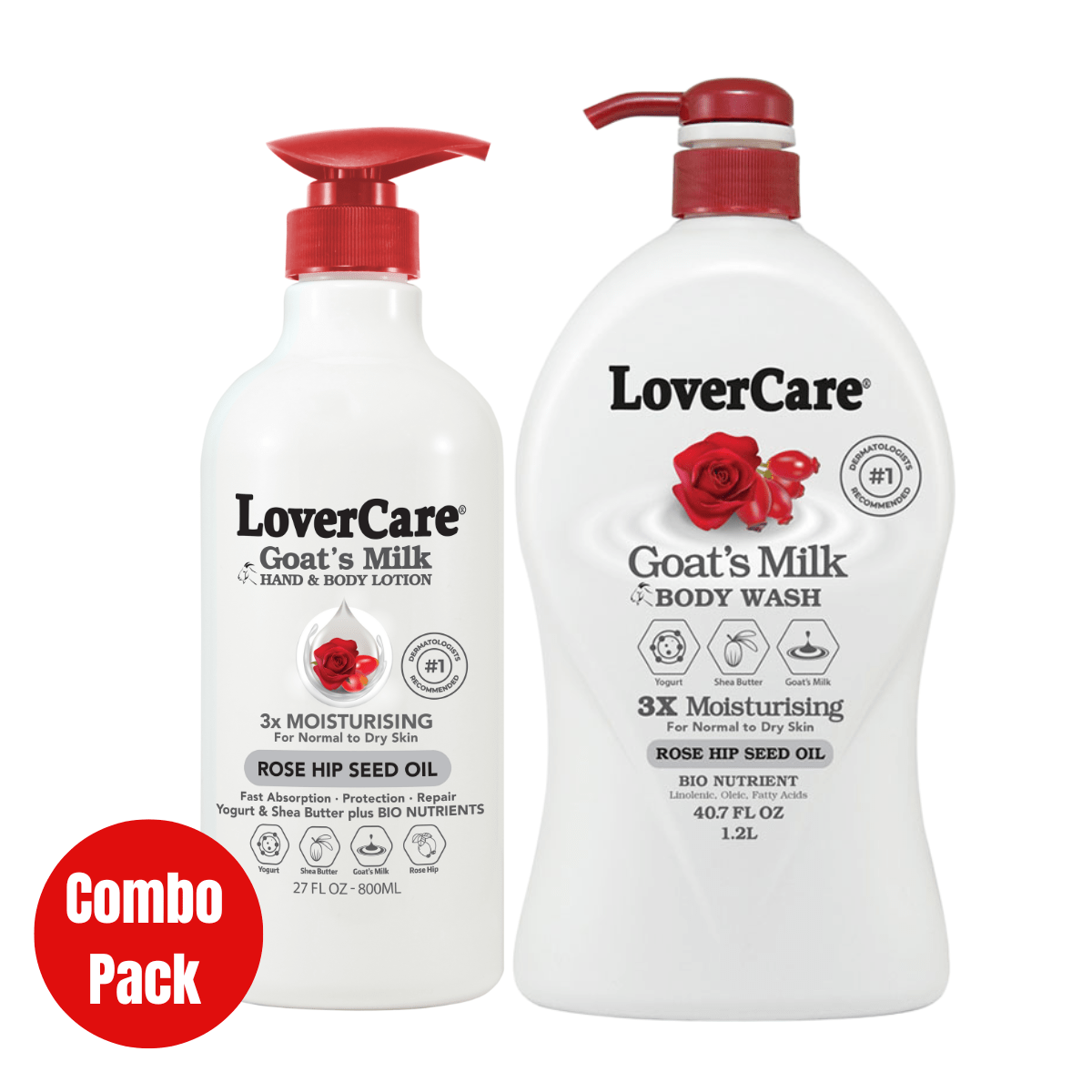
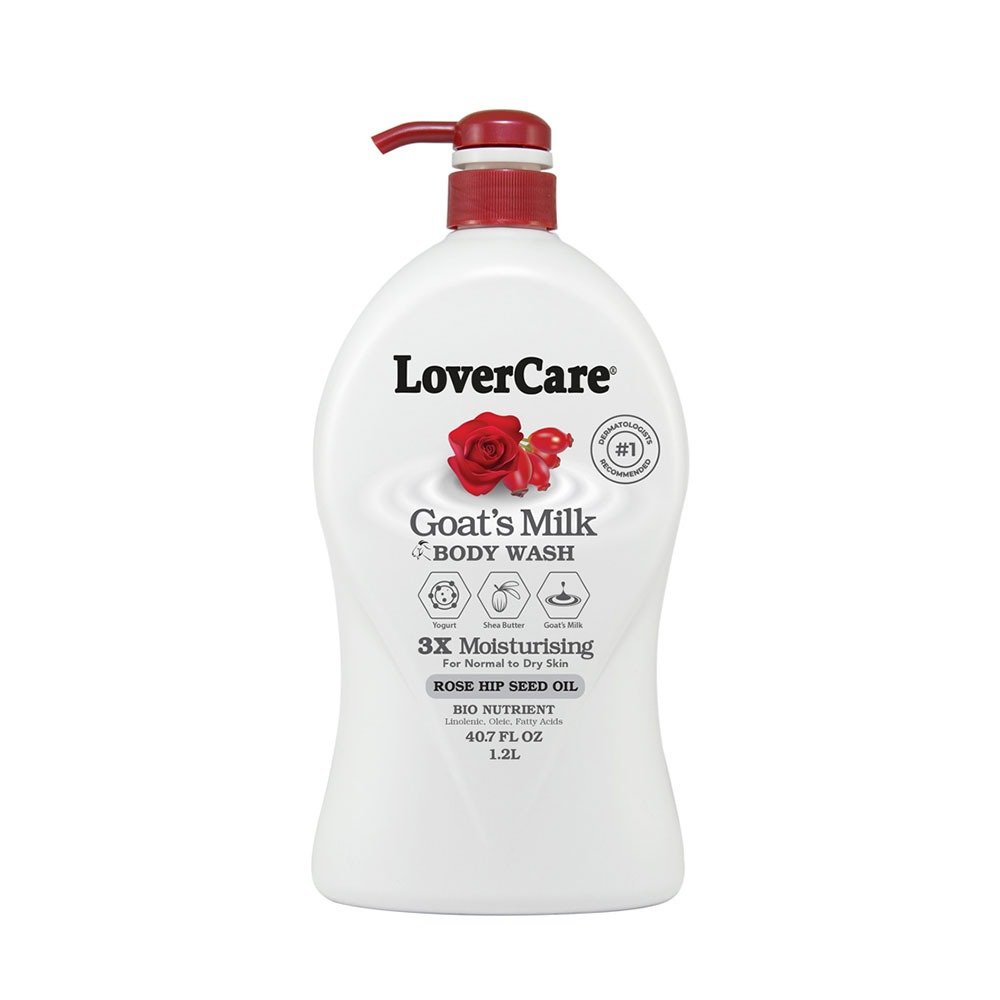

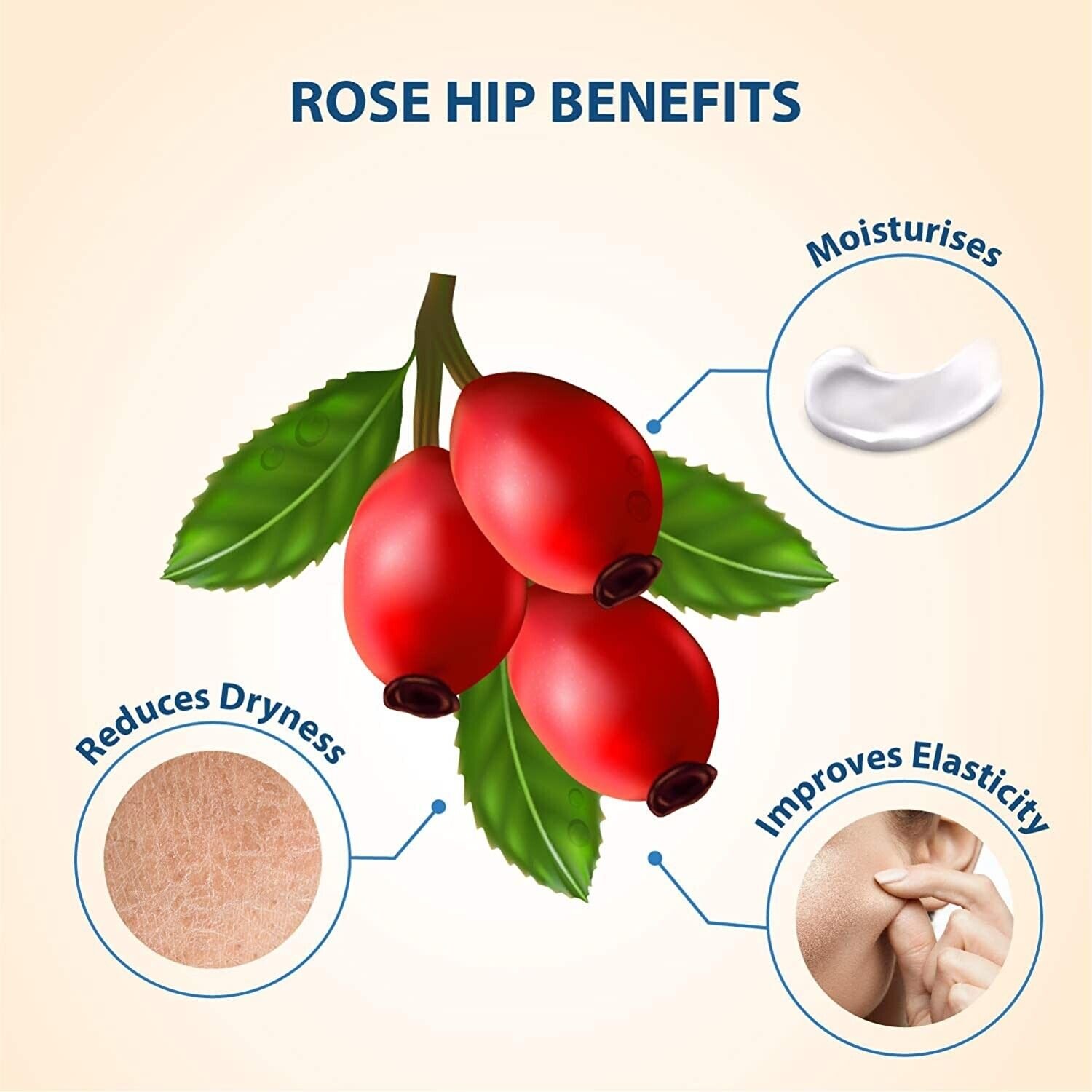
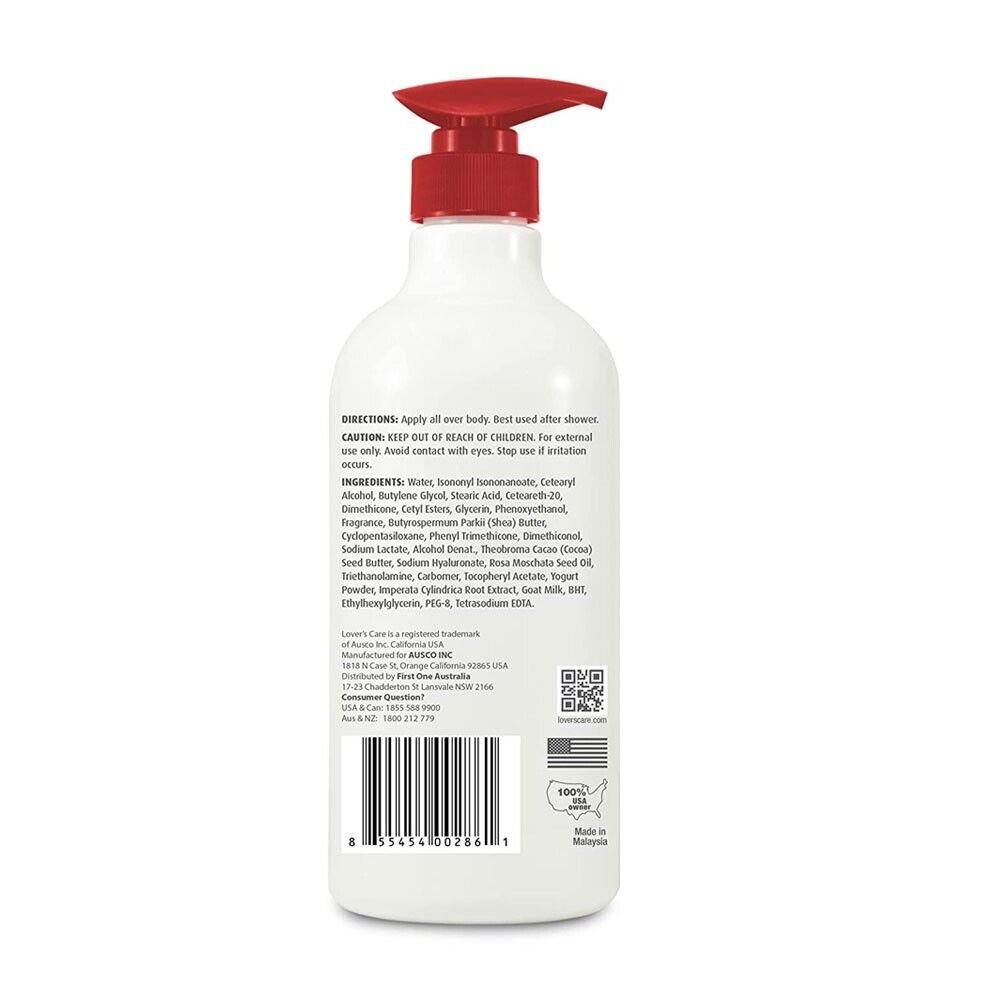


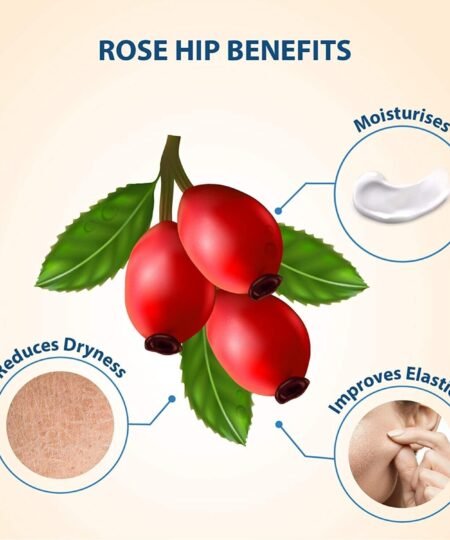




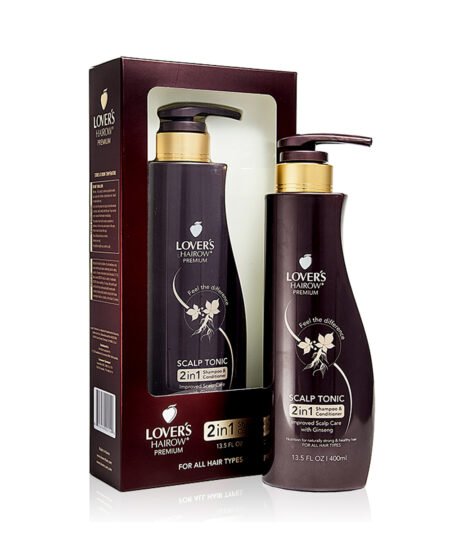

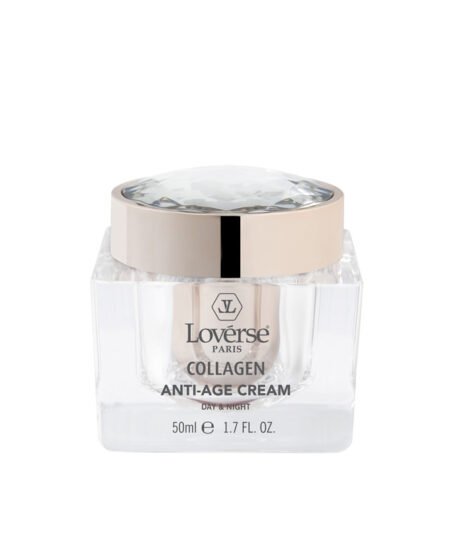
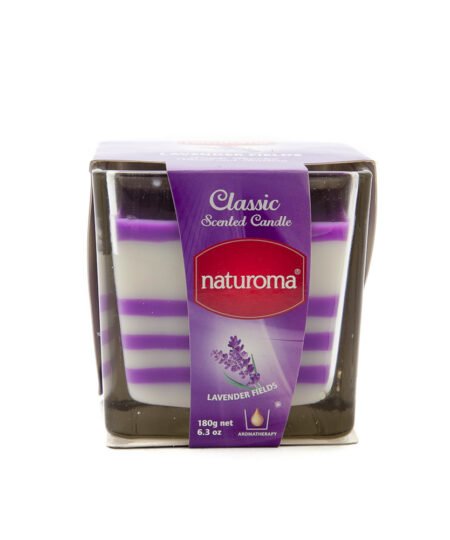
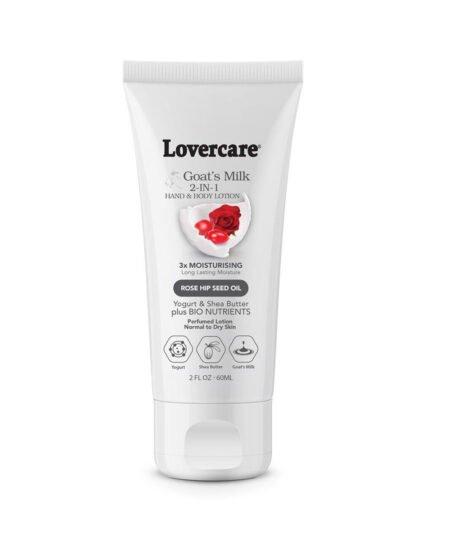
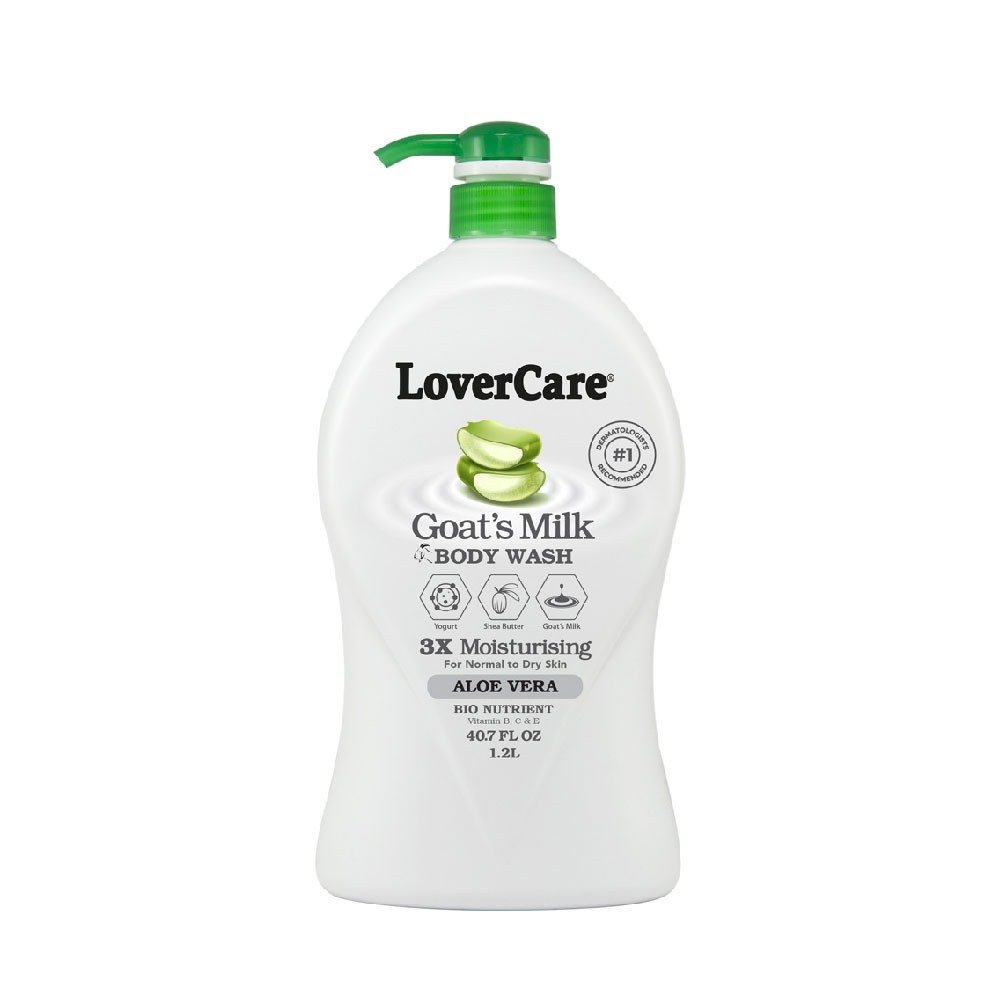
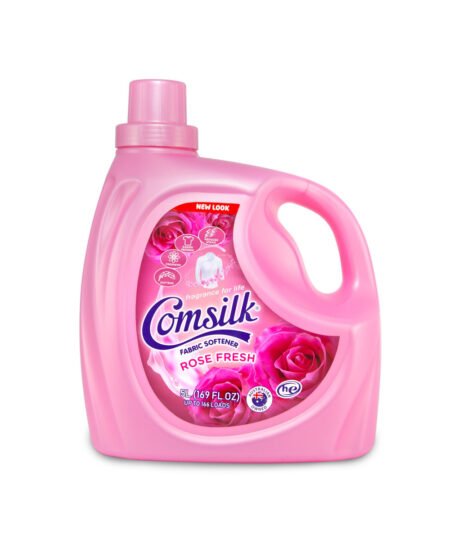
Reviews
There are no reviews yet.